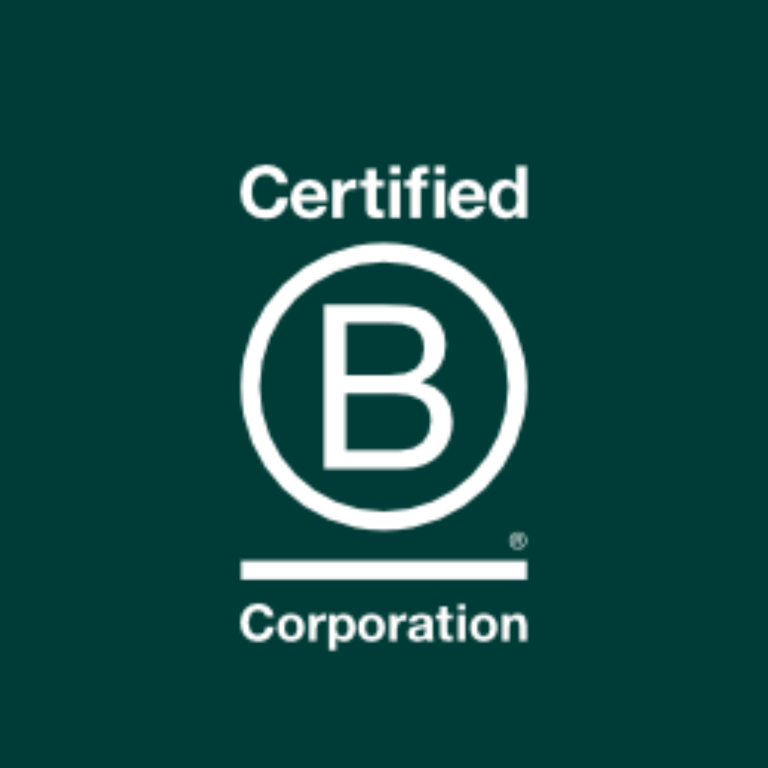
From Compliance to Competitive Advantage: Navigating Consumer Duty with Confidence
In the United Kingdom, the meal deal is a daily staple for millions. We trust that the contents of our sandwich, crisps, and drink are accurately labelled. However, several tragic incidents involving allergen labelling highlight the dire consequences of misplaced trust. One mislabelled ingredient, one missing warning, and one assumption too many can lead to tragedy.
While the food industry faces immediate and visible repercussions for poor standards, the financial services sector experiences similar consequences, albeit in a slower, quieter, and a less traceable manner. Should we not demand the same level of transparency from the financial products that safeguard our lives, homes, and businesses? If we expect full transparency and accurate labelling in a low-cost meal deal, why should we not expect it when purchasing an insurance policy?
Unfortunately, many financial products lack clear labelling. The terms are often dense, the value is not immediately apparent, and the risks and exclusions are frequently hidden in the fine print. The insurance industry is among the least trusted sectors in the UK, particularly regarding clarity, transparency, and perceived fairness. According to the CII Trust Index, only 58% of consumers felt their insurance policy was clearly explained, highlighting a significant trust gap.
The FCA’s Consumer Duty aims to address this issue by raising standards in the financial services sector, much like the food industry has evolved over the years. In the food industry, we have moved beyond the bare minimum. It is no longer sufficient for a sandwich to be safe; it must be clearly labelled, allergens must be marked, and it must be honestly described and marketed.
A poor quality food experience can be likened to a poor claims experience in insurance. Dissatisfied customers will share their negative experiences with friends and family, leading to widespread regret, mistrust and brand repercussions. This comparison underscores the importance of customer understanding, expectations, and lived experiences in both industries.
Despite some resistance to increased regulation in the insurance industry, many firms are beginning to recognise the opportunity presented by the Consumer Duty. By leveraging this duty, firms can build a strong brand reputation and expand their customer base and become a trusted partner in financial planning and risk management. Building cost-effective products that take advantage of this opportunity is possible, as demonstrated by major UK food retailers. However, it is important to acknowledge that this is not an easy task as it takes time, requires firms to embrace a high trust culture with customers as must be supported with appropriate levels of investment.
At GreenKite, we assist firms in transitioning from merely meeting the bare minimum requirements to achieving competitive advantage. We guide firms on their journey from establishing the right culture to adopting customer-centric thinking, through product governance, DA oversight, customer understanding, and customer support. We support firms to test, learn, and measure their outcomes, ensuring a reputable customer brand which is regulatory compliant. If this approach seems unpalatable, perhaps it is worth considering over lunch?




